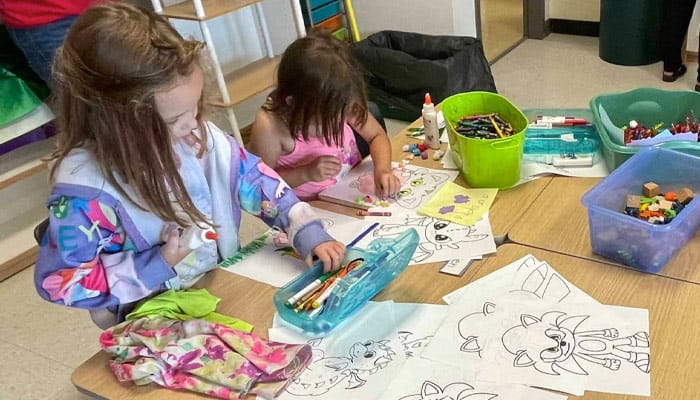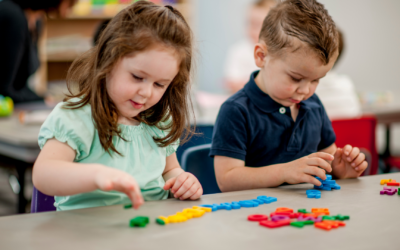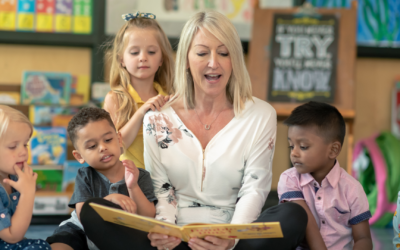Welcome to the Change Library!
This Change Library is a collection of real examples from teams who have created a process to address a problem, and it’s intended to inspire your team and spark ideas for changes in your own context.
Inside the Change Library
Improvement Guide
Learn more about how to organize and build your team, orient your team to a problem of practice, gain empathy for the children and families you’re serving, and go through the process of designing a change idea.
Change ideas
Change ideas are real examples from partner schools and culturally specific organizations across Oregon. They are informed by early learning research and promising practices.
Resources
Get access to the latest resources and research related to equity and systems change in early childhood education and more!
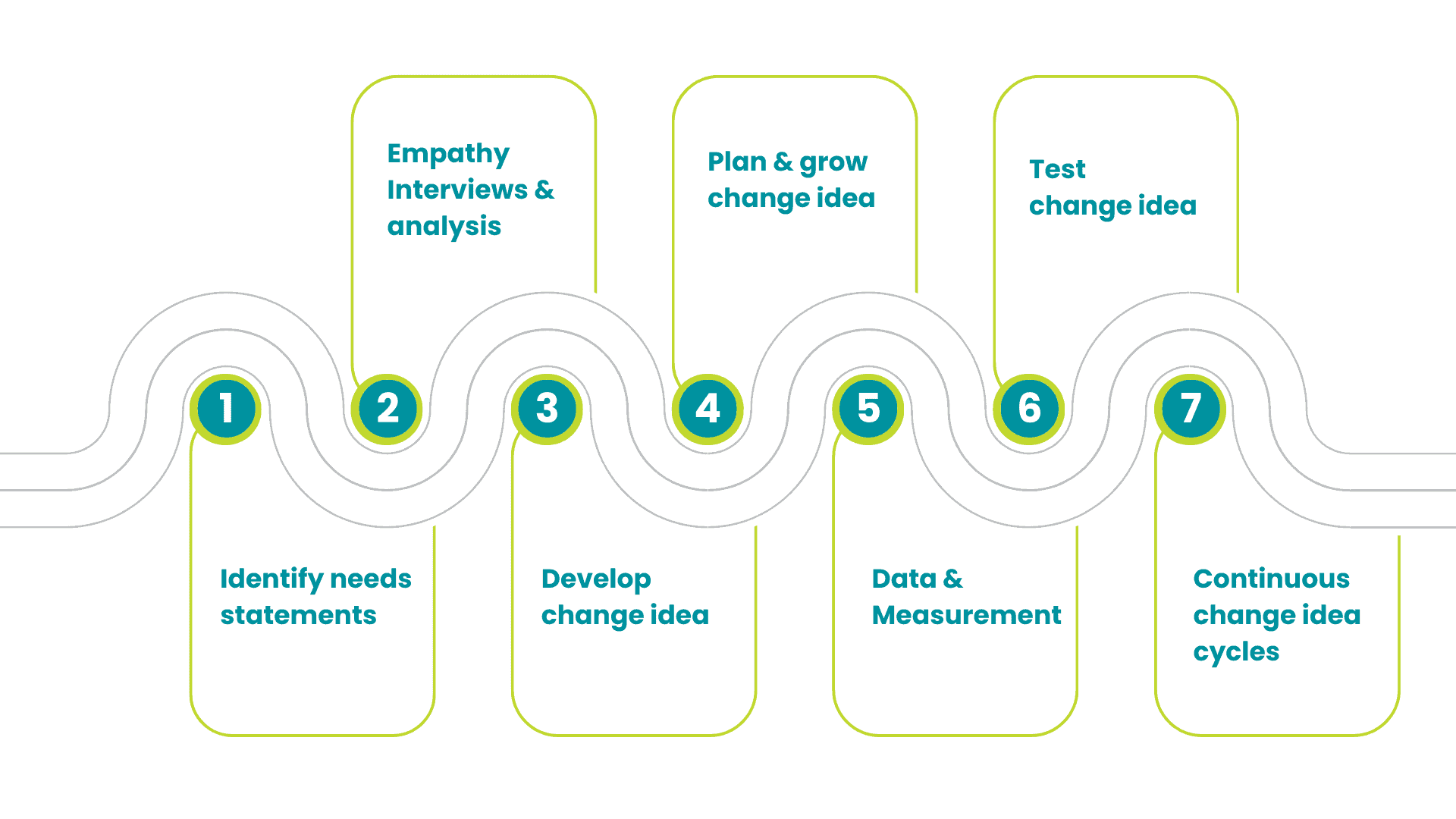
Change Idea Process
The change idea cycle usually consists of three steps: the idea, the plan, and the measuring the data. Once a change idea cycle is complete, a new cycle starts. Following the adopt, adapt, abandon guidance, new cycles may build upon what has already been tested, or may start in an entirely new content area or grade level. Read more about the change idea process in our Change Library.
Continuous Improvement
The methodology we use as part of our Early School Success and Early School Success Academy work is improvement science. In this continuous, iterative process, participants identify opportunities for improvement within their systems to better meet the needs of students and families. Our work invites diverse positionalities that can speak to the classroom, school, and district levels. Through this process, folks identify and pilot small changes and measure their impact over time.
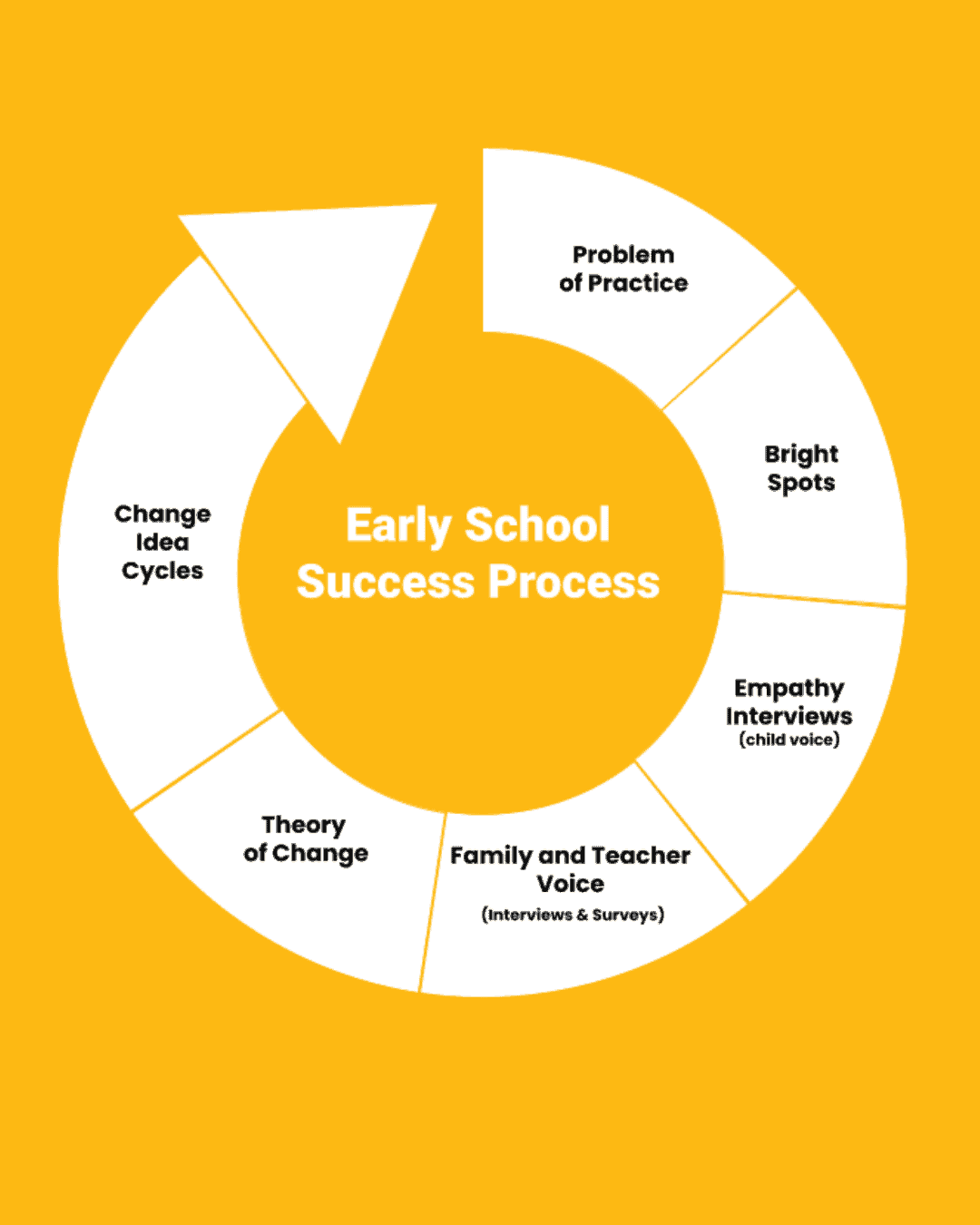
Learning Loop
Discover the dynamic, iterative process of continuous improvement with the latest Early School Success updates, new change ideas, upcoming events, exclusive resources from our Change library and more. Let the journey of continuous improvement begin with you.
Reach out to us and be a part of our growing community shaping the future of early learning today!
The Latest Change Ideas
Recasting : Embracing a language-inclusive approach in English learning
Recast(ing) is when a teacher repeats what a student says with more detailed language or correction. In this change idea, teachers can help promote verbal comprehension by using loose parts. While this approach can be used for all students, we see that it can be especially useful for emerging multilingual or emerging verbal students.
Facilitating comprehension with Loose Parts: Supporting emerging multilingual and verbal students
The change idea is building comprehension through loose parts. While educators can test this change idea with all students, we are mainly focusing on emerging multilingual or emerging verbal students.
Interactive Literacy: Enhancing engagement with Loose Parts during read-alouds
Students will use loose parts during a read-aloud experience to support literacy and improve student engagement.


